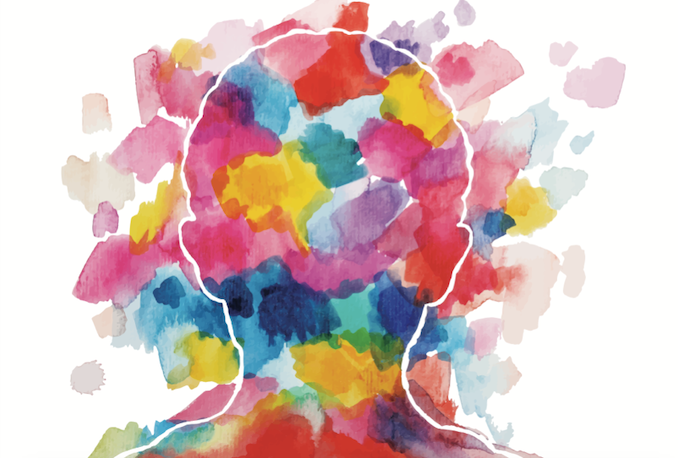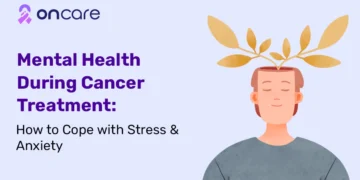Finding out that your kid might need extra assistance than you can give could be both scary & overwhelming at the same time. The whole process of finding out the mental disorder till its treatment can be the same as you would go for any other medical diagnosis. The main thing is to find out the type of therapy that can bring a fruitful difference in your child’s better quality of life.
Therapy is important:
When emotional, mental, and behavioral disorders are left untreated in childhood, they can cause long-term issues in the children that can affect their health & well-being. Finding the proper mental health services and therapy for their problems will not only help to improve their quality of life but can also make things easier to handle at home, in school, & with friends.
Different mental treatment methods have other effects; in this respect, Decade2Connect provides many mental health services for children. At first, you must familiarize yourself with the most common therapy used for kids as well as the advantages of each of them.
Here we have explained a few most common therapies used for children & teens:
- Applied behavioral therapy:
Applied behavioral therapy is an earlier and more famous therapy for autistic children. Its main aim is to reward the desired behaviors for boosting their frequency & minimize the less acceptable behaviors. It helps teach the behaviors in a real-life situation & addresses learning, communication, and self-management.
- Cognitive therapy:
Cognitive therapy believes that events and situations develop distorted thinking, which results in negative emotions and abnormal behaviors. A cognitive therapist examines the patient and addresses his maladaptive thoughts & behaviors to assist in reaching his goal.
- Interpersonal therapy:
It was first thought up as a short psychological treatment for depression. It has been designed to improve the depressed person’s relationship quality. It mainly focuses on:
- Conflicts have arisen when people have to fill up a role that is different from their expectations (like when a woman starts a relationship expecting to be a homemaker & finds out later that she also needs to be the foremost provider for her family)
- Transitions in social character (for example, from an active employee to being retired)
- Difficulty while communicating with others
- An unresolved grief
In interpersonal therapy, the therapist tries to teach the person to improve certain aspects of his interpersonal relationships, like overcoming his social isolation & give a response in a less perpetual way towards others.
- Parent-Child Interaction Therapy (PCIT):
PCIT is a type of therapy where a skilled therapist works for you & your young child (aged 2-8) in collaborative sessions to develop a positive parent/child relationship. The therapist can assist in learning:
- New & effective parenting & communication skills
- Positive behavior/discipline
- Use other children’s actions management strategies to help support your child
- Group Therapy:
Group therapy is a kind of treatment where a small group of people with almost the same challenges meets to talk regularly and discuss their problems with each other & the group leader (generally a therapist). The main aim of Group Therapy is to provide a secure and comfortable space where the participants can work out their emotional problems, attain insight into their thoughts/discipline, recommend suggestions & support others. Adults who face difficulty in friendships and relationships can usually benefit from such social interactions that constitute a significant part of group therapy.


 Home
Home









